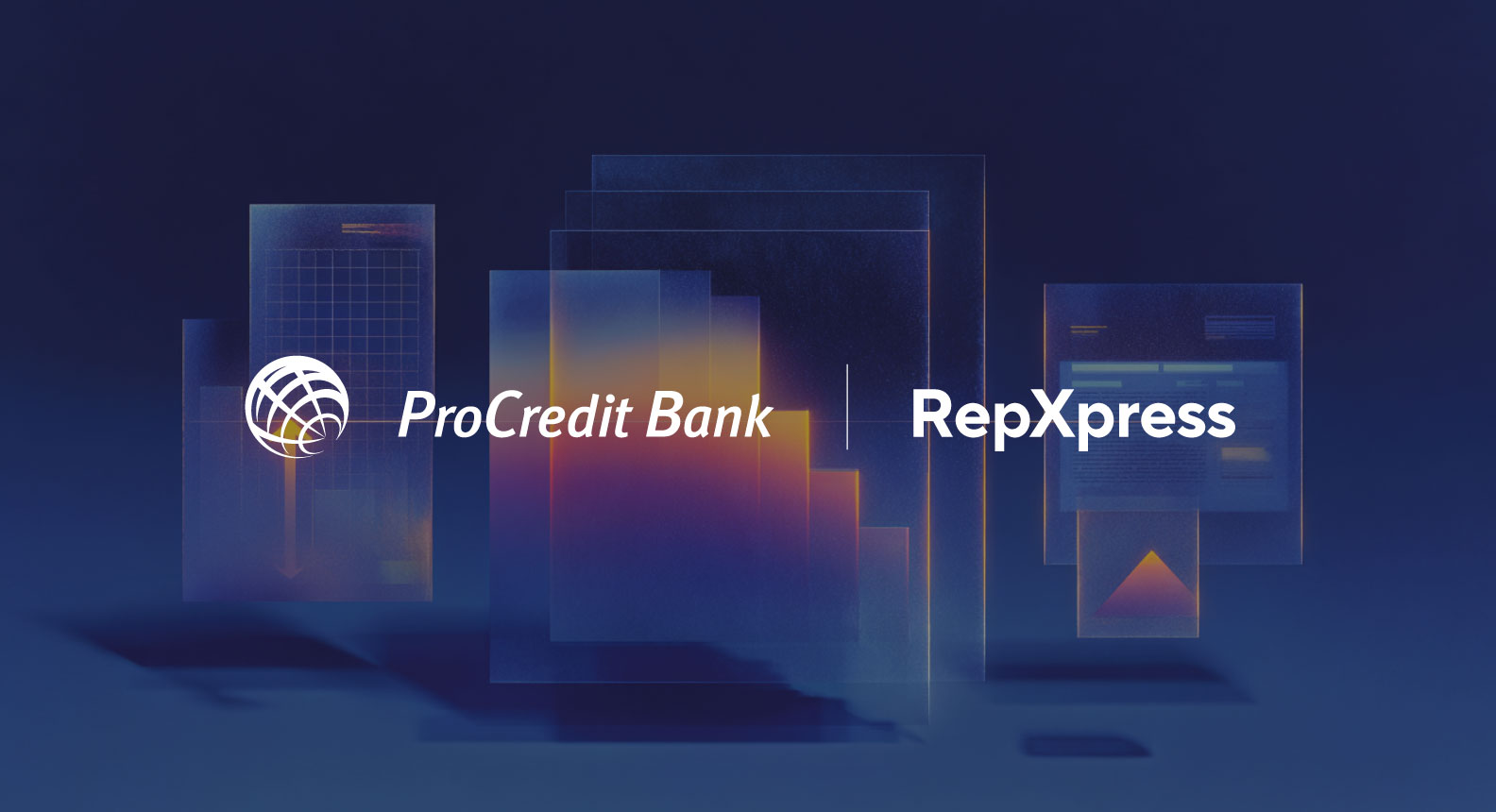Recently, the global fintech market has been continuing its steady rising trend, demonstrating solid development prospects. With a projected market size of USD 218.8 billion in 2024, it is estimated to reach USD 828.4 billion by 2033 [1]. This inevitably signals a growing demand for innovation and increasing competition.
But what key fintech trends are driving this impressive growth? What will be the new impetus that the new year brings? How will fintech companies contribute and how can Sirma’s team help you meet the challenge?
Let’s explore five essential fintech trends expected to impact the financial landscape in 2025.
1. AI Reaches Maturity Bringing Fraud Prevention to the Fore
Artificial intelligence (AI), and generative AI (Gen AI) in particular, was labelled as the game-changer for 2024. Yet, 2025 will mark a new phase of maturity and sophistication [2]. This equally applies to back-office and customer service applications, where chatbots and AI assistants will feature far more complex problem-solving skills (e.g., see Melinda’s potential). Financial planning is another area that will witness the power of AI technologies. Currently, Sirma is leveraging AI to advance the methods for risk analysis in the lending activities of banks.
While AI remains a powerful tool in fintech, it also is in the hands of fraudsters, which brings higher security concerns. In 2025, AI (GenAI included) may bring fraud prevention to new dimensions by enabling financial institutions to employ faster detection models and analyze emerging fraud patterns. This may be done through the better consideration of personalized spending insights and digital identity of customers [3]. Through its cyber-security services, Sirma is committed to helping clients navigate this evolving landscape.
2. RegTech Is on the Rise against New Set of Legislative Requirements
The regulatory scene in 2025 is becoming increasingly complex, especially in the European Union (EU) and the United States, where new compliance measures are taking effect. This naturally entails increased demand for state-of-the-art regulatory technology (RegTech) solutions, which enable predictive compliance, real-time monitoring, and regulatory automation [4]. Some cutting-edge technologies to anticipate regulatory changes include AI, big data analytics, machine learning, and blockchain.
RegTech solutions help financial institutions remain competitive by streamlining compliance, reducing costs, and monitoring risk. Anticipating customers’ needs, Sirma has been offering RepXpress, a regulatory automation solution designed to simplify banks’ complex data management and regulatory reporting processes. Ensuring compliance with Bulgarian and European legislation, the product empowers financial institutions with the latest regulatory compliance and enhanced business reporting.
3. Embedded Finance Evolves Across Sectors Driven by Inflation
In the years to come, the integration of financial services into non-financial platforms (e.g. embedded finance) is predicted to become “all-pervasive” in both B2B and B2C contexts [5]. Traditionally, payments will hold the largest share of all embedded finance due to their potential to improve customer convenience [6]. In 2025, the rise of embedded finance will be also driven by economic factors like inflation, which have made consumers more price-sensitive and demanding flexible payment options.
To illustrate, due to lasting inflation, consumers in 2025 will continue looking for more accessible payment options, triggering the evolution of the BNPL (“buy now pay later”) offerings in particular. As one of the latest niche-specific fintech trends in 2025, BNPL is expected to gain momentum and cross sectors [3]. Being equipped with vast sector expertise, Sirma is well-prepared to respond to this challenge.
4. Open Banking Expands to New Frontiers
In 2025, more countries are adopting open banking frameworks, fostering global financial interoperability and enhancing cross-border transactions. Further, open banking will also include a broader range of financial products and services (e.g. insurance, investments, pensions and mortgages), thus expanding to the wider concept of “open finance” [6]. This is expected to increase consumer demand for personalized services and further foster the cooperation between banks and fintechs.
Having more than 27 years of experience in the financial domain, Sirma has developed the first open banking suite in the country, fully compliant with the EU’s regulations. The solution has successfully allowed banks to fulfil the latest regulatory requirements and proactively explore new business opportunities.
5. Instant Payments Disrupt the EU’s Payment Landscape
European payments ecosystem in 2025 will be boosted by the European Commission’s Instant Payment Regulation (IPR), requiring banks and payment companies to be able to send and receive instant payments within 10 seconds, 24/7. While banks in the eurozone will need to comply in 2025, the rest of the EU will follow from 2027. This calls for significant preparation related to infrastructure upgrades, operational adjustments, strengthened fraud detection to manage risks related to real-time payment processing and more [7]. Based on its multi-year experience in the sector, Sirma’s is offering focused consulting services in the area.
Final Words
In a nutshell, fintech development will continue rapidly in 2025, driven by new challenges such as increased customer expectations and new fraud risks, growing regulatory requirements and ongoing inflation.
As a general fintech trend, AI will reach a new maturity level, focusing on more intricate projects such as fraud prevention. The demand for advanced RegTech solutions will rise, especially based on cutting-edge technologies. Embedded finance and open banking will expand, facilitating both customers and the coherence of the global financial system. Instant payments will disrupt payments landscape with new advances in Europe in particular.
The article provides a snapshot of some of the hottest fintech trends for 2025. If you would like to learn more, please visit our Insights.


